Arvind Krishna: IBM 2023 Revenue PerformanceIBM’s 2023 Revenue under Arvind Krishna’s four years of leadership is down $15.3 billion since the end of 2019, falling $3.5 billion in 2020, falling $16.3 billion in 2021, rising $3.1 billion in 2022, and finally, rising $1.3 billion in 2023 to reach $61.9 billion—a 20% decline in revenue from the $77-billion corporation Arvind Krishna inherited from Virginia (Ginni) M. Rometty in 2020. Select image above of the link below to read about Arvind Krishna's IBM revenue and profit performance from 2020 to 2023.
0 Comments
Arvind Krishna: IBM 2023 Key Performance Indicators (KPIs)As of April 16, 2024, this page and all its associated webpages have been updated with key performance information/metrics (KPIs) through the end of 2023. These webpages cover the overall performance of IBM's tenth Chief Executive Officer, Arvind Krishna (2020 - 2023). In April 2020, IBM installed its tenth chief executive officer: Arvind Krishna. How has Arvind Krishna performed since taking over the corner office? After four years, Arvind Krishna's performance numbers are found on this website. Follow one of the links provided in your area of interest. - IBM Shareholder Returns and Risk Performance - Revenue and Profit Performance - IBM Market Value Performance - IBM Employment Security Performance
Arvind Krishna's 2020-2023 Market Value ResultsHow did Arvind Krishna's leadership affect IBM's 2020-23 market value in his fourth year as CEO? In what would seem a bright start for IBM's short-term stakeholders, IBM's market value increased 17.4% in 2023. For long-term shareholders the market value story is much different. They must be concerned if IBM's Artificial Intelligence (A.I.) powered surge in market value can be maintained, or is it another head fake like so many others in the 21st Century: IBM's market value over the last two decades including the latest positive surge has lost 22% of its value—an overall $42.5 billion.
This puts IBM's market value "surge" of 17% in 2023 in historical perspective. Arvind Krishna's 2020-23 Employee Revenue and Profit Productivity PerformanceAs the reader will discern from these charts, IBM's employee sales and profit productivities have been dropping for a very long time—more than two decades. Although at first blush it would superficially appear that Arvind Krishna has stopped the downward trend in employee productivity, inflation considerations tell a deeper, more concerning story.
This is the first update to Arvind Krishna's performance pages that were last published with results through the end of 2021. The rest of his performance pages will be updated in April, hopefully in time for IBM's Annual Shareholder Meeting on Tuesday, April 30, 2024. If you want to be an informed stakeholder stay tuned.
Select the image above or the link below to review these charts and numbers on Arvind Krishna's employee sales and profit productivity and decide for yourself if he is earning his paycheck. More to come. Stay tuned. Opinion Piece for Presidents' Day by a Vietnam-era VeteranThis is an assessment of how one President’s opinion expressed in 1911—fifty years after the Civil War, if it was read and studied by Abraham Lincoln, might teach us tolerance today in how we are addressing our attitudes towards our deceased Civil War veterans—the veterans of both the North and South. Maybe President William Howard Taft has a point that the President who gave his life for our country would understand. Peter E. Greulich, Vietnam-era Veteran Select the image or link below to read the "rest of the story." Does an Chief Executive Want Experience and Skill, or "Faith?""There are plenty of people to do the possible; you can hire them at forty dollars a month. The prizes are for those who perform the impossible. If a thing can be done, experience and skill can do it; if a thing cannot be done, only faith can do it." "Human Confessions," Frank Crane, 1911 Select the image or link below to read more business witticisms. Review of Booker T. Washington's Autobiography "Story of My Life and Work"“The Story of My Life and Work” was first published in the 1900–02 timeframe while this issue of the book entitled “Booker T. Washington’s Own Story of His Life and Work” was published in 1915. The latter biography was published to also include Booker T. Washington’s “Life and Work” from 1902 onward—including important information such his death and funeral. This is an easy book to read. The chapters flow in chronological sequence and tend to be short, covering a single topic. Large portions of some chapters—such as “Honored by Harvard University,” contain Booker T. Washington’s speeches on and around a particular event in his lifetime. These speeches help the reader understand Mr. Washington’s candor and thought processes on the many issues of his day. Select the image or one of the two links below to read this individual book review or go to Booker T. Washington's Home Page on this website. Review of William Allen White's "Woodrow Wilson: The Man, His Tasks and His Life."This book was fascinating reading. The writer, William Allen White, at times seemed to be almost writing poetry rather than prose. His prose is insightful, questioning, and as one reviewer stated—in the case of Woodrow Wilson—psychological. Several of the 1924-25 reviews of the book commented on its psychological bent. It was this characteristic that made the book very enjoyable to read—seeing inside Woodrow Wilson’s mind, but it also raised questions about if the material wasn’t going too far with some of its balanced but very-personal, psychological insights. Mr. White’s book is a recommended read, but after reading the additional statements made in the overall book review, I think he would say, “You should read Ray Stannard Baker’s masterpiece first: Woodrow Wilson: Life and Letters—and this author would concur. I have learned from the interaction of these two very reputable authors and the works they produced, that access to the subject's personal letters and files when writing a biography is truly important. Peter E. Greulich, Book Review Summary Select image or link provided below to read the full review. This is an opinion piece written by a Vietnam-era veteran for President's Day 2024.It is an assessment of how one President’s opinion expressed in 1911—fifty years after the Civil War, if it was read and studied by Abraham Lincoln, might teach us tolerance today in how we are addressing our attitudes towards our deceased Civil War veterans—the veterans of both the North and South. Maybe President William Howard Taft has a point that the President who gave his life for our country would understand. "We have reached a point in this country when we can look back, not without love, not without intense pride, but without partisan passion, to the events of the Civil War. We have reached a point, I am glad to say, when the North can admire to the full the heroes of the South, and the South admire to the full the heroes of the North." President William Howard Taft "Introduction to the Photographic History of the Civil War," 1911 Select image or link provided below to read the full article. Author's Copies of THINK Again! High Ideals for the 21st Century Are AvailableIf you are a member of the press, an academic at an institution of higher learning, or a chief executive at a major U.S. corporation, reach out to us for an author's copy of "THINK Again!: 20th Century Ideas and High Ideals for the 21st Century." The paperback version of the book will be available on Amazon on February 14, 2024 and the hardcover book will be available on February 17, 2024. There is a very limited supply from a highly idealistic but financially strapped self-publisher. So it is first come, first served. This is an anthology of the lead-in editorials written for THINK Magazine by IBM’s traditional founder, Thomas J. Watson Sr. Tom Watson Sr. wrote these editorials from the magazine’s first issue in June 1935—at 61 years of age—entitled “Introducing THINK,” through his last editorial published in the very month of his death in June 1956—at 82 years of age—entitled “Youth.” When contacting us, provide an email address that is easily identified with your university, press or corporate organization and include a USPS mailing address. We will acknowledge receipt of the request and send a USPS tracking number when shipped. Because of costs, overseas shipments are not possible. Below are two links: (1) a link to "Obtain an Author's Copy" and (2) a link to read "The introduction" to THINK Again! 20th Century Ideas and High Ideals for the 21st Century. Review of Samuel Crowther's book, "Why Men Strike."Samuel Crowther was a reporter, writer, editor, and a biographer to many of the country's greatest industrialists. He is probably one of the most unsung commentators on the industrial/business leadership of the early 20th Century America. His work at System, The Magazine of Business gave him access to the top corporate and political leaders of his day. Samuel Crowther's "Why Men Strike" is readable and enjoyable for anyone who wants to understand that we of the 21st Century are in many ways living the dreams of those who envisioned a better way. We need to practice Samuel Crowther’s definition of thrift—buying more wisely so as to invest the savings. We also need to display Samuel Crowther’s courage, determination, and belief in mankind so that humanity can continue on its ever upward spiral. If we make the way better for others, we will make a better way for everyone. Peter E. Greulich, Review of "Why Men Strike," 2024 Select the image or link below to read the full review. We need more candidates for the U.S. Presidency with "victorious personalities!"“Above all else men need contact with personalities who infectiously recreate faith and courage, and inspire confidence in God and man. Above all else the disheartened spirits of ordinary folk, ‘laggard, fearsome, and thin-ranked,’ need the rallying impact of men whose vision and faith make them unafraid.” Dr. Harry Emerson Fosdick, The Meaning of Faith I am currently reading Dr. Harry Emerson Fosdick's book "The Meaning of Faith." This excerpt is as applicable today as it was in the 19th and early 20th Centuries. It would be insincere though to not admit that in a democracy "we" get who we raise up and then vote for . . . nothing more or less. Sometimes I am one of those "laggard, fearsome and thin-ranked" folks, but I believe in a spiritual entity that will help us raise up and put in a position of leadership another Abraham Lincoln. Stay positive and alert for men and women of "vision and faith" who encourage us be unafraid. Peter E. Greulich, January 3, 2024 Lincoln's personality was on display in everything that he said and accomplished!
This is why I stand for the national anthem.I recently received word that another World War II IBM MRU Veteran passed away at over 101 years of age. It reminded me that I will never, ever kneel in disrespect at the playing of our national anthem because I stand for bravery, respect, tolerance and forgiveness. Taking a knee is an absolute right, but it is absolutely not part of our heritage. You may choose to kneel, but I chose to stand; because we who stand together, we who put aside our individual differences, and we who combine our strengths, will always be stronger and closer to perfection than any country where a citizen lacks the freedom to take a knee. The United States of America is the hope of the world because it is—still, the most perfect union of like-minded imperfections. Select the image or link below to read the full article. Edward A Filene's book, "The Way Out" Explains How Propagandists Rise to Power.From what I have read of Shawn Fain, I have little respect for the man's tactics. He appears to be a radical propagandist and a fully-enable demagogue as described in Filene's book, "The Way Out." "Behind most of the extreme and ill-considered revolts of our time there is a grain of truth, some legitimate ground for protest which has too long been ignored by those whose hands are on the levers of power and authority. This bit of truth, in the hands of reckless doctrinaires, is inflated into a dangerous falsehood and made the inspiration of a radical propaganda which, now and then, flames into actual revolution. "Revolutions never spring from pure theory. Wide spread discontents are never born of the imagination alone. Revolutions may be fed and fanned by designing theorists. They may be harnessed to utterly indefensible programs by able demagogues, but usually they have their beginning in some legitimate protest." Edward A. Filene, "The Way Out, 1924 Select the image or the link below to read "Captains of Industry vs. Captains of Finance" and understand why we need more industrialist-driven and fewer capitalist-driven chief executives and fewer capitalist-driven chief executive officers. A review of Booker T. Washington's book, "The Man Farthest Down."On August 20, 1910, Booker T. Washington left America on a journey to find Europe’s “Man Farthest Down.” He returned a little less than two months later on October 13th. This is one of the conclusions he draws after completing his journey: "The man farthest down in Europe is woman. Women have the narrowest outlook, do the hardest work, stand in greatest need of education, and are farthest removed from influences which are everywhere raising the level of life of the European people." "The Man Farthest Down" is an excellent book that is on par with the other three books of Booker T. Washington that I have reviewed: "Up from Slavery," "Character Building," and "My Larger Education." Select the image below to read the full review or select the link provided to go to Booker T. Washington's book review home page on this website. A Home Page for Reviews of Admiral Richard E. Byrd BooksI started acquiring the books written by Admiral Byrd after reading that he named the Thomas Watson Escarpment in Antarctica after Thomas J. Watson Sr., the traditional founder of IBM. He also related a story about how Tom Watson had helped him acquire film from Eastman Kodak and then donated money for his second trip to Antarctica. This all happened at a time Admiral Byrd said was one of his lowest points in raising funds for the exploratory trip. President Dwight D. Eisenhower wrote the following of Admiral Byrd: “In the passing of Rear Admiral Richard E. Byrd, America and the world have lost one of the truly great explorers of all time … I have lost an old and dear friend. He was the commander of two Arctic and five Antarctic expeditions. Admiral Byrd dedicated his life to the exploration of those little known areas. He was the first man to fly over both the North and South Poles. His explorations charted more than two million square miles of territory, adding tremendously to the world’s scientific knowledge of the polar regions.” If you want to read true, non-fiction stories of a great American pioneer, adventurer, and explorer, I recommend all of these books! These non-fictions have the thrill and excitement of fiction! Select image or link below for Admiral Byrd's Home Page A review of Admiral Richard E. Byrd's book, "Little America."I did not read Admiral Richard E. Byrd’s books in chronological sequence. When I picked up “Little America” which was published in 1930, I did not anticipate learning anything more about the character and leadership traits of this man, this great explorer and pioneer, than I had read in “Discovery”—published in 1935 and “Alone”—published in 1938. I was wrong. As one reviewer wrote, "When in the course of a day’s news—one which makes an individual realize that so many little men in big places infest this great and inspiring land of ours with pessimism and despair, Admiral Byrd’s book buttresses one’s courage and renews one’s optimism.” A highly recommended adventure story that is true … not a fiction supposedly based on fact. As a society, we need to resurrect some of our 20th Century American heroes. Individuals like Admiral Byrd, who have an internal heroism and a supreme confidence in themselves that is tempered with honesty, heart, and humility. Select image or link below to read a full review of Admiral Richard E. Byrd's "Little America." A review of Admiral Richard E. Byrd's book, "Discovery."Discovery, although a magnificent story of the physical side of enduring the cold and isolation over a long period of time in an unexplored part of the world, is more so a work about men, who, when confronted by this unknown, can and did work together to achieve a common goal: general exploration. Additionally, this is the strongest of reads about an apolitical man of honesty and integrity. Admiral Richard E. Byrd was a great American pioneer and explorer with a great sense of humor and one seemingly overriding trait we see all too little of today: humility. In this day of meandering, oversized, and not-very-opaque political egomaniacs … this was a most refreshing read. It is a non-fiction story of the greatest kind that restored my faith in man. Select the image or link below to read the complete review. A review of Daniel C. Roper's book, "Fifty Years of Public Life."“The righteousness of either side of a question depends upon the sources of information and an open-minded willingness to examine different views. . . . All wholesome growth is leisurely. Most of the waste of the world is occasioned by haste. If we can’t have patience we might as well quit. "Wherever there is life, its greatest privileges are to be enjoyed and its most beautiful promises come to flower only if the law of patience is obeyed.” Daniel C. Roper, "Fifty Years of Public Life" This autobiography is a recommended read written by a former U.S. Secretary of Commerce, Daniel C. Roper. Select the image or the link below to read the full book review with: (1) reviews from the time of publication, (2) selected excerpts, and (3) a few thoughts about the book. This is an excerpt from Dr. Harry Emerson Fosdick's "The Meaning of Service:""I do not care a rush what denomination you belong to, I do not very much care what special creed you profess, but I do care beyond all expression that the result of that creed in your daily life should be to make you a power for good amongst your fellowmen. . . . We hear much talk about creeds, professions of faith and the like; but I want you to remember that when God started to write a creed for us, He did it . . . " . . . not in words that might change their meaning, but He set before us a life [the life of Jesus Christ], as though to teach us that whereas theology was a science which could be argued about, religion was a life and could only be lived." Quintin Hogg, Letter to a Boy He Saved This is an excerpt from Dr. Harry Emerson Fosdick's nightstand-reading book entitled: "The Meaning of Service." This is a short book I am currently reading after his book: "The Power to See It Through." An amazing preacher and teacher of talent and insight. I am working on a Dr. Harry Emerson Fosdick's Home Page [now available here] to capture his insights and my thoughts on those insights. Select the image or link below to read more about Rev. Dr. Harry Emerson Fosdick. A review of Samuel Morison's book, "Admiral of the Ocean Sea."My education on Christopher Columbus was severely wanting. It, like most people’s insights, was reduced to a mariner discovering the New World in 1942 "by sailing the ocean blue.” If anyone had told me that Columbus sailed to the Americas four times in twelve years, and then described the conditions he underwent to achieve this—both economic, political, spiritual, and physical, I would have said: “Really, no one taught me that!” No one taught me the story of the pioneer, the discoverer, the explorer and the leader … and the hardships he faced as a result. And so it is, our self-education remains our personal responsibility. Don’t let others mislead you—even me. My advice is that if you want to understand Christopher Columbus—the good and questionable, start with this book. Select image or link provided below to read the full review. A review of the biography of Mary Slessor, "Mary Slessor of Calabar" in Africa.I read this book after reading the contrasting positions on slavery between our Vice-President, Kamala Harris, and Florida’s Governor, Ron DeSantis. The disagreement involves if American blacks—males and females, might be better off today, even after suffering the terrible indignations of slavery before the Civil War. I do not like having politicians, with their political agendas, controlling my thoughts so I decided to read a book about the conditions in the major slave-trading ports of Africa in the immediate, post-Civil War timeframes from 1876 to 1915. Choose the image or the link below to read the full review and gain insights from a book that intimately describes the African culture of the late 19th and early 20th Centuries. You decide, but personally, I think Booker T. Washington got it right. Select image or link provided below to read the full review. Video of and script for "Why I Stand for the National Anthem."Select the image to listen or the image below to read the script of this video. A review of Charles E. Sorensen's book, "My Forty Years with Ford."This is the sixth book I have read concerning Henry Ford: (1) My Life and Work, (2) Today and Tomorrow, (3) Moving Forward, (4) 365 Henry Ford Sayings, and (5) The Last Billionaire. The first three were written in conjunction with Samuel Crowther—who is mentioned in this latest book. In my opinion, The Last Billionaire by William Richards is the best of the works at presenting a balanced perspective on Mr. Ford. It presents him as a complete man within a changing society. It balances his eccentricities as both strengths and weaknesses [Reviews of Crowther’s books are here] and [The review of "The Last Billionaire" is here]. In any prioritized list of books, this work of "Cast-Iron Charlie's" should be added as last. If Sorensen knew Henry Ford “as well as any man alive or dead” as he claims, he left out the compassionate side of his chief executive and, maybe, in so doing reveals a weakness in himself. Sorensen either did not know or appreciate, or did not write any of the human-interest stories of Mr. Ford that come across in the other biographies. I don't think he knew Henry Ford as well as he thought he did. Select image or link provided below to read the full review. A review of Fortune's book: "USA: The Permanent Revolution."It is refreshing to read in a major work from 1951 by the editors of Fortune magazine an affirmation of a basic fundamental foundation of capitalism that I arrived at in my research for "THINK Again: IBM CAN Maximize Shareholder Value: The Rometty Edition." One of the major responsibilities of a chief executive officer is the maintenance of a balanced, self-sustaining stakeholder ecosystem. Peter E. Greulich, Author and Public Speaker The following is an excerpt from "USA: The Permanent Revolution. “The manager is becoming a professional in the sense that like all professional men he has a responsibility to society as a whole. This is not to say that he no longer needs good, old-fashioned business sense. He does, and more than ever; the modern enterprise should be in business to make money. … But … "The great happy paradox of the profit motive in the American System is that management, precisely because it is in business to make money years on end, cannot concentrate exclusively on making money here and now. To keep making money years on end, it must, in the words of Frank Abrams, Chairman of Standard Oil of New Jersey, ‘conduct the affairs of the enterprise in such a way as to maintain an equitable and working balance among the claims of the various directly interested groups—stockholders, employees, customers, and the public at large.’ ” Select image or link provided below to read the full review. |
Peter E. GreulichPeter E. has been studying IBM and early American corporate history since his retirement in 2011. These are his thoughts and musings, and of those whose biographies and autobiographies he has read with links to articles and book reviews on this website. Contact the author directly.
|




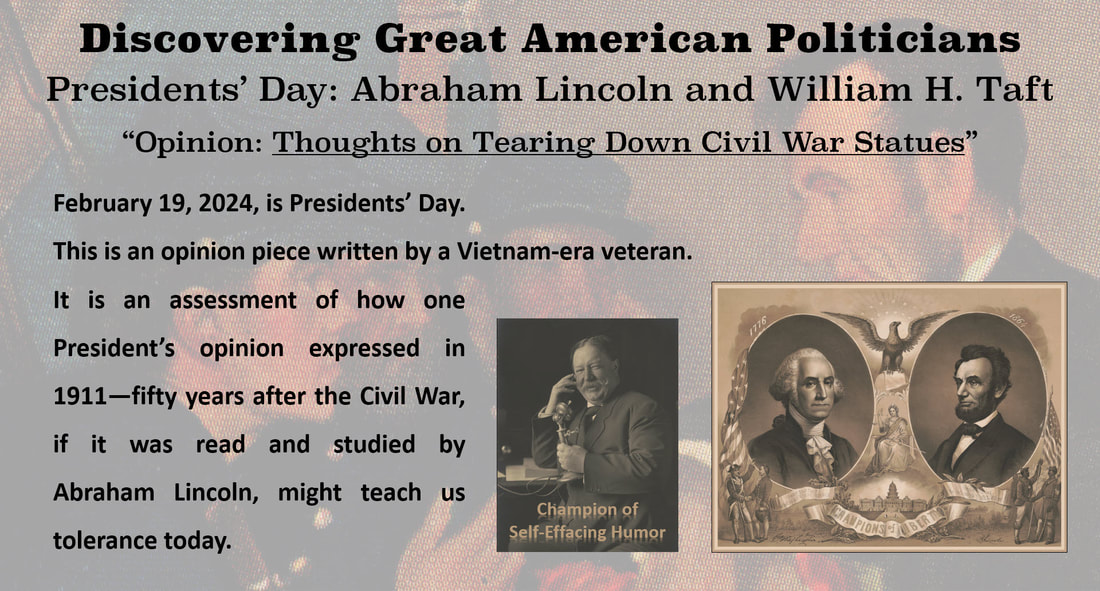

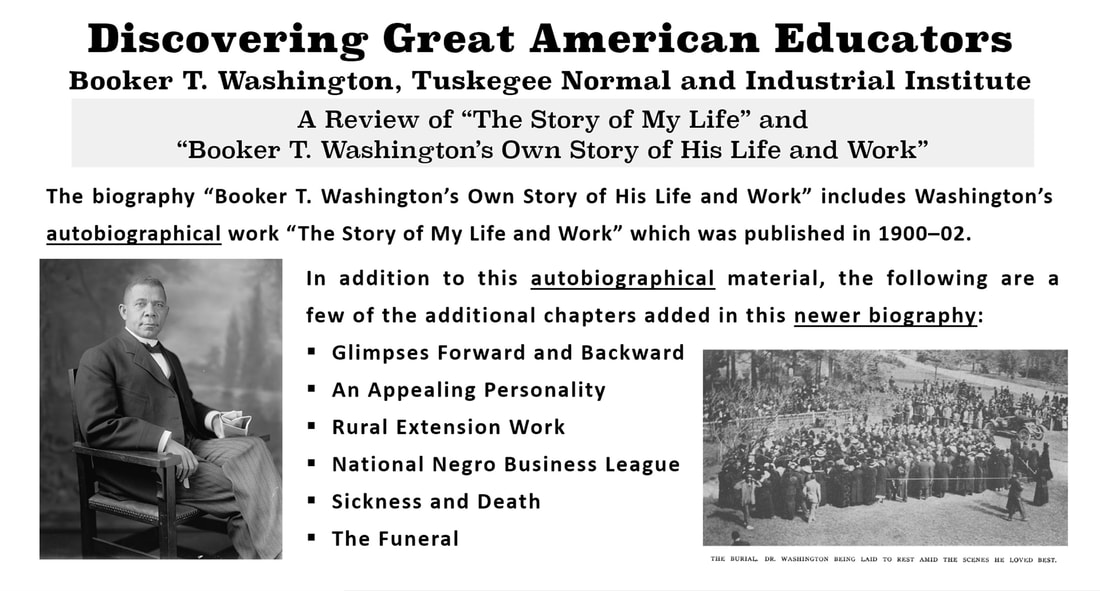
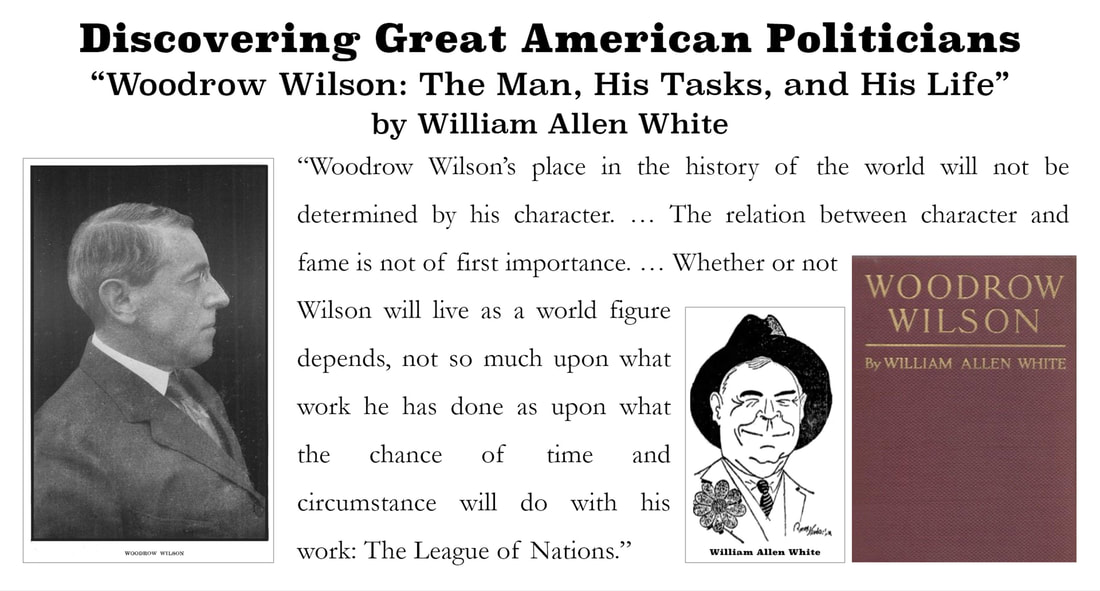
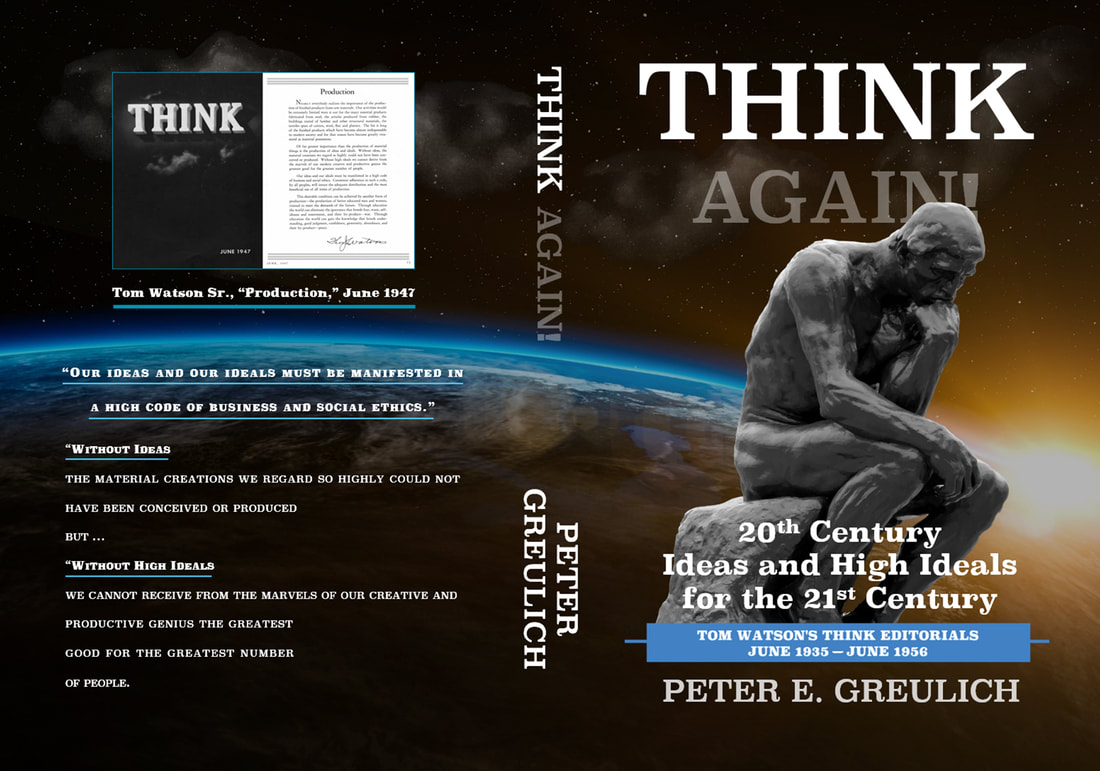
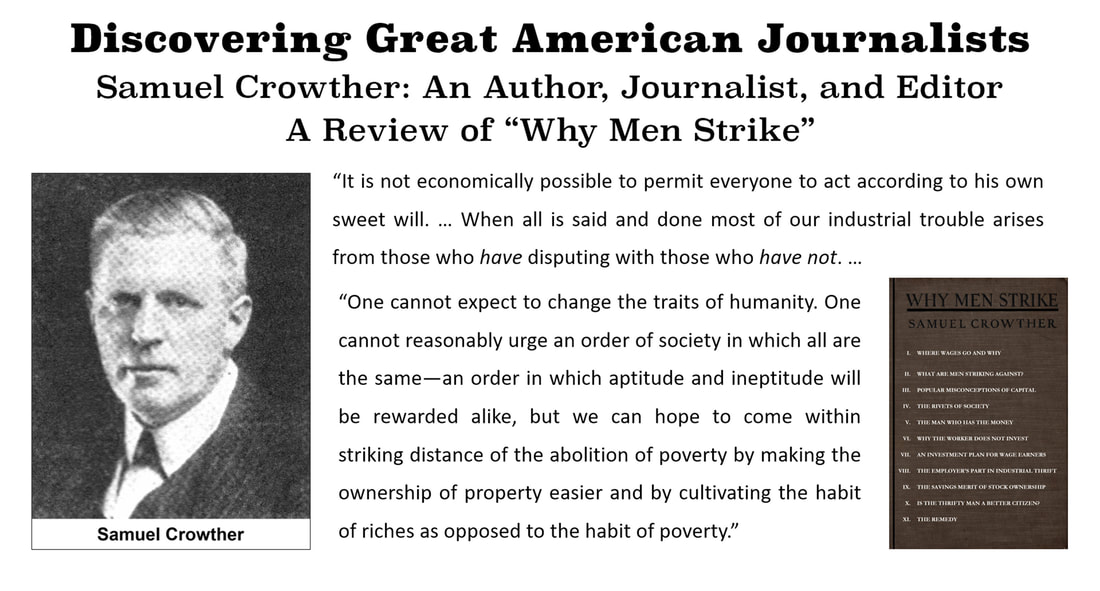
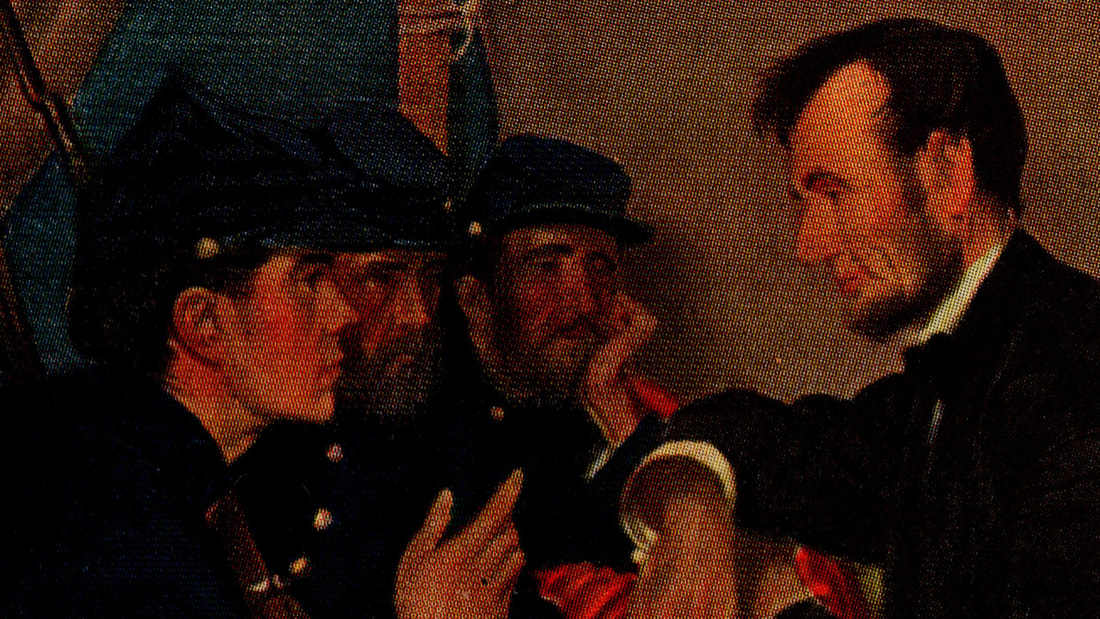

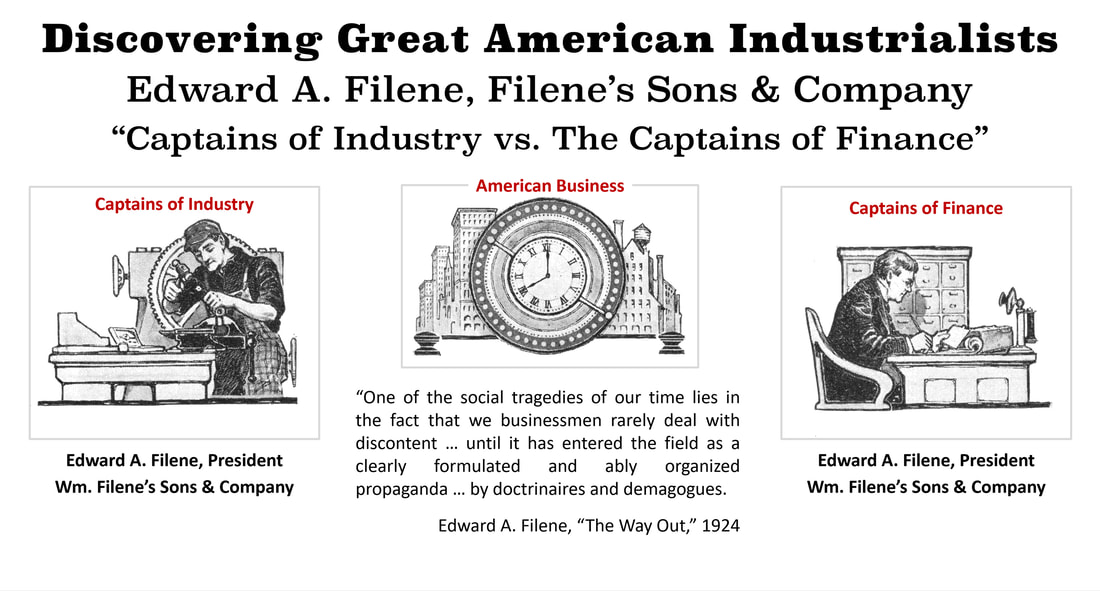
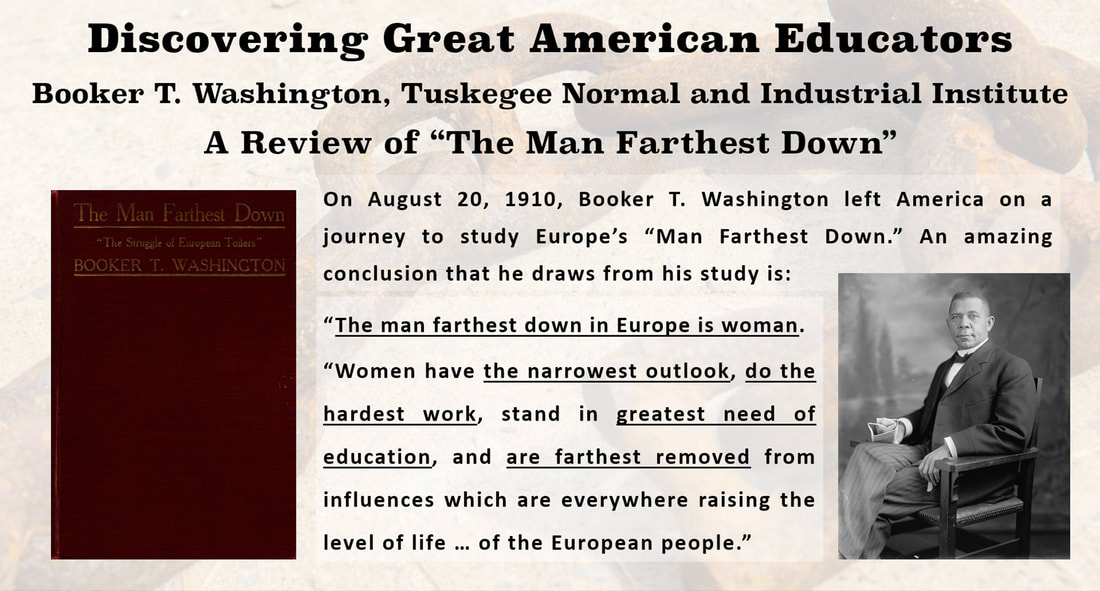
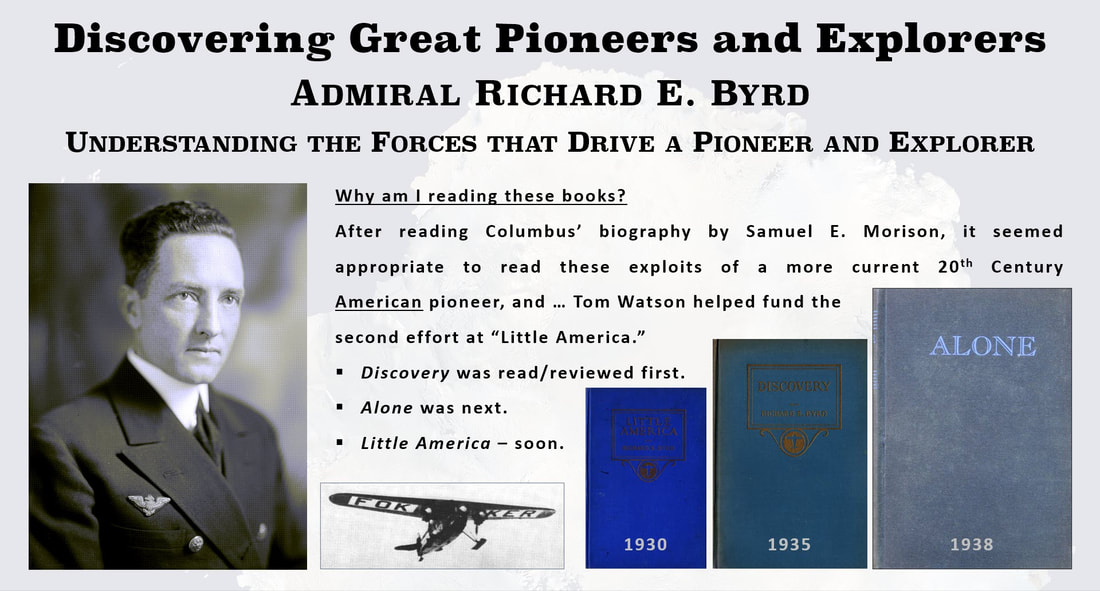

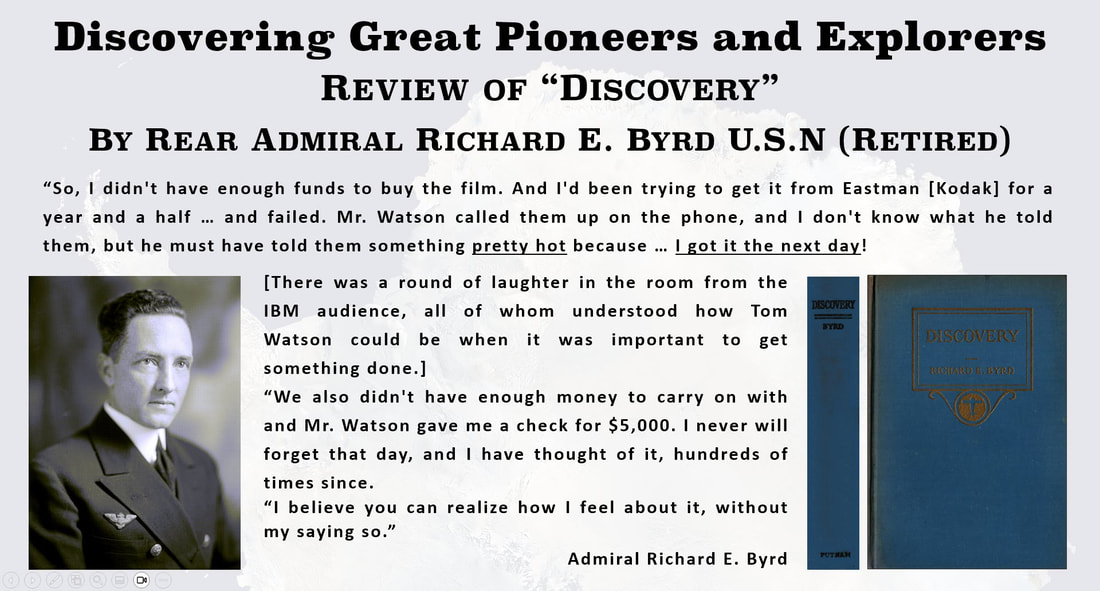
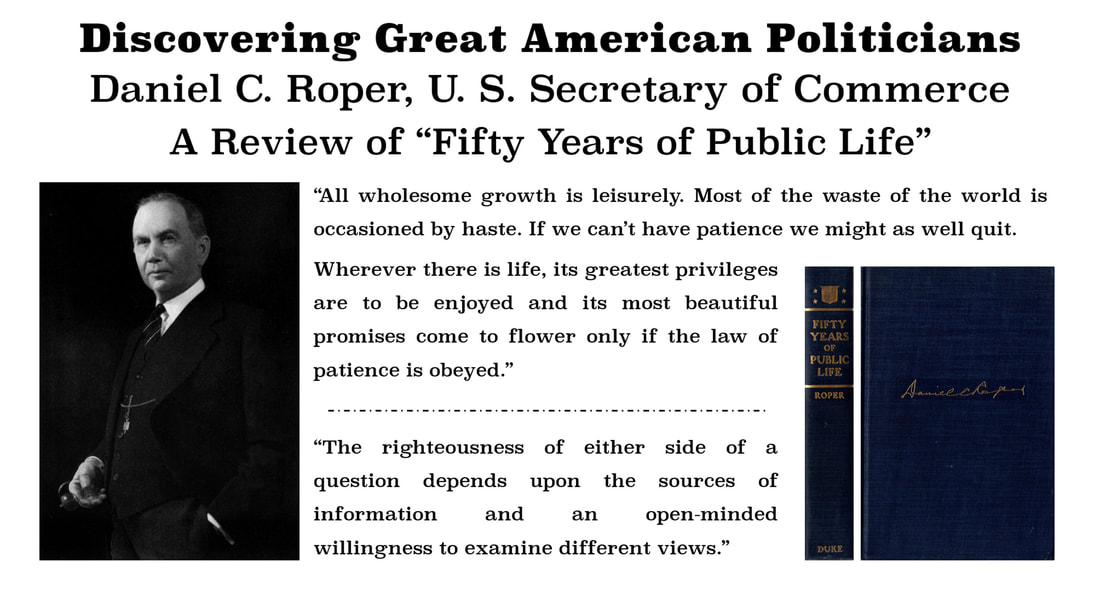

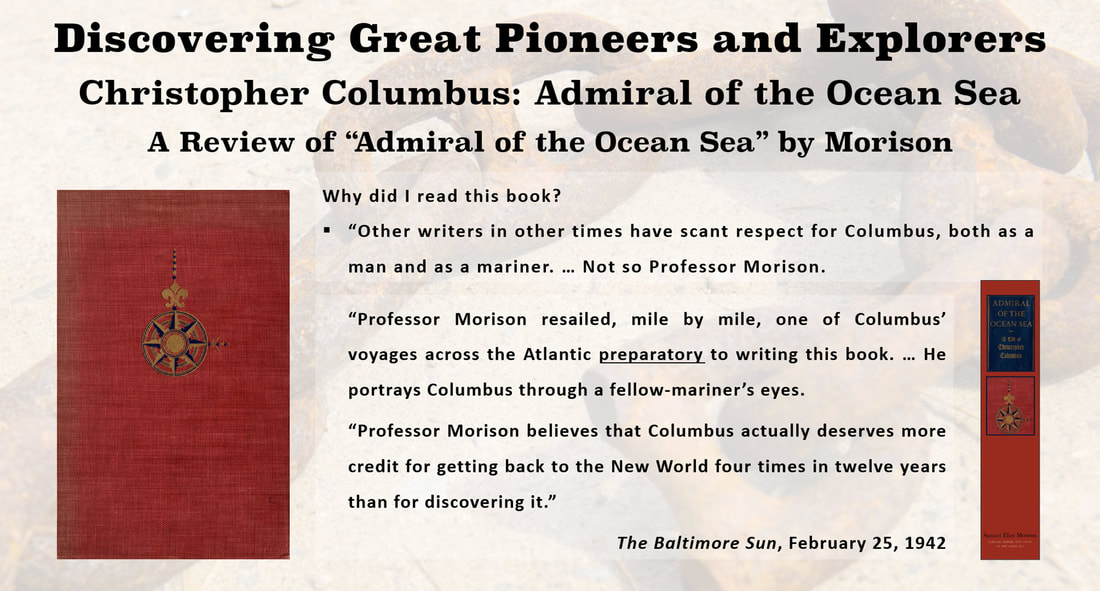
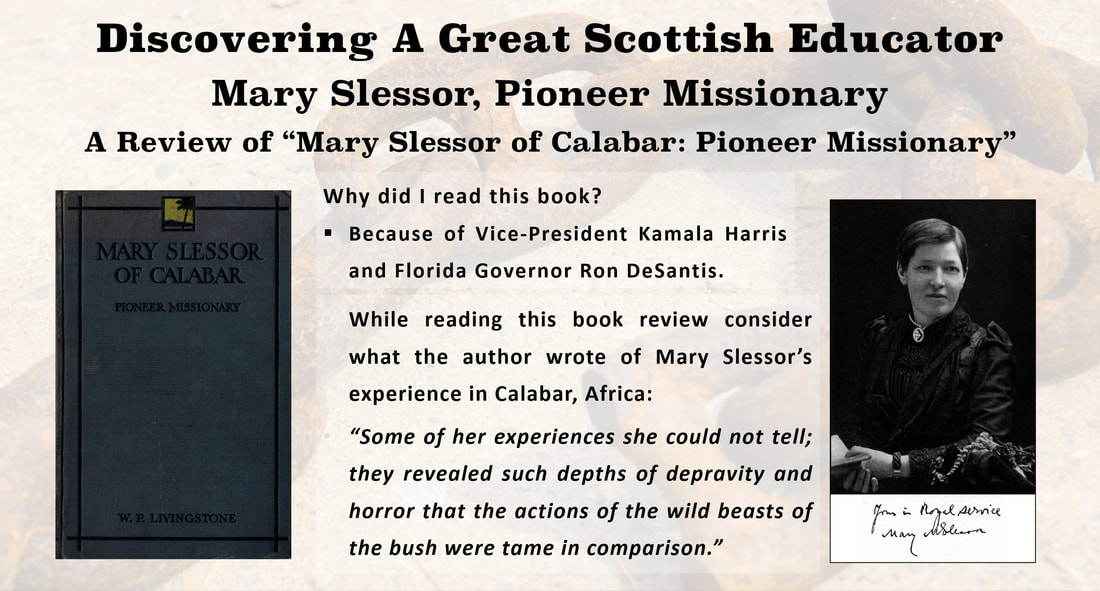
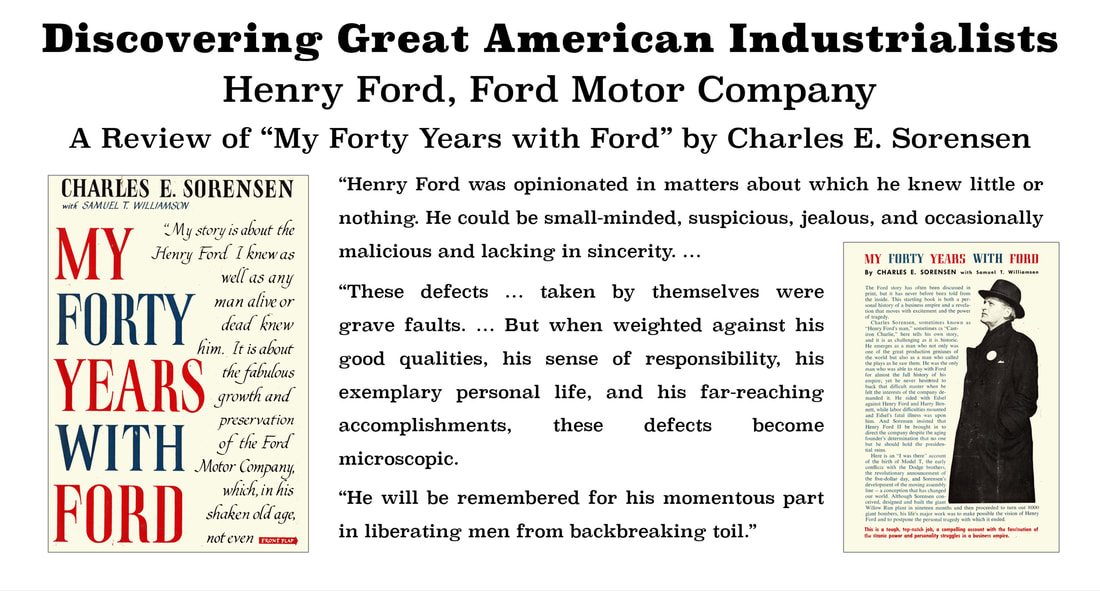
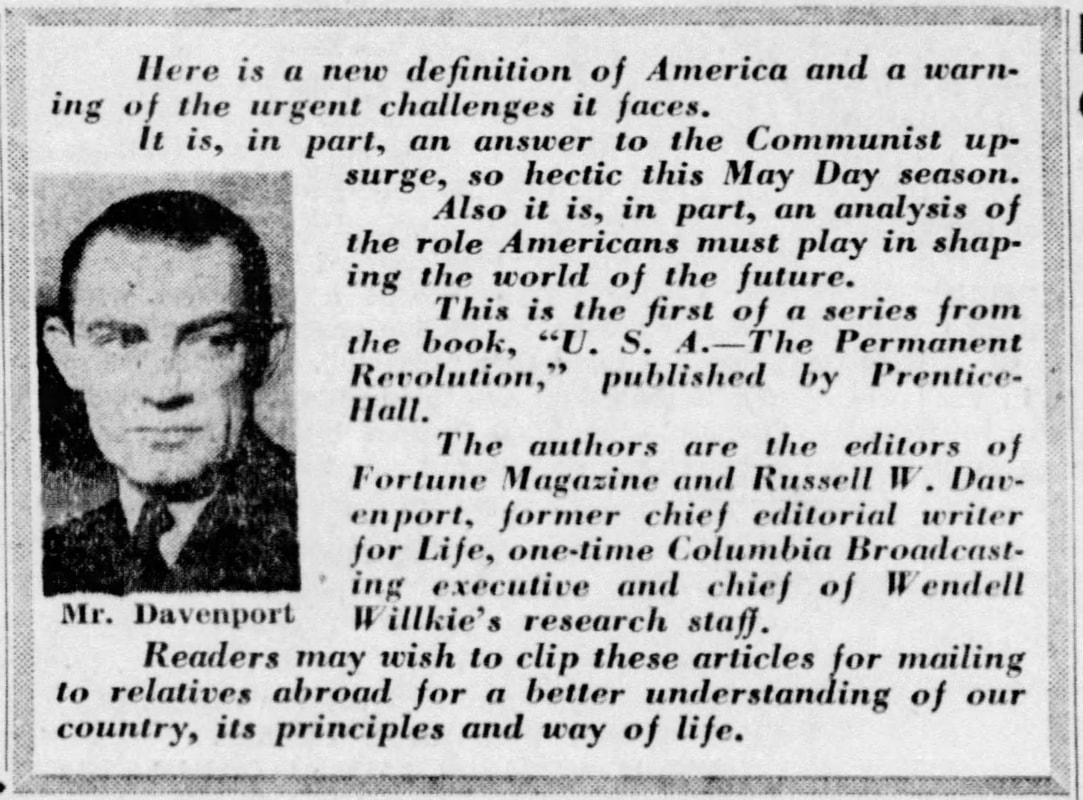

 RSS Feed
RSS Feed